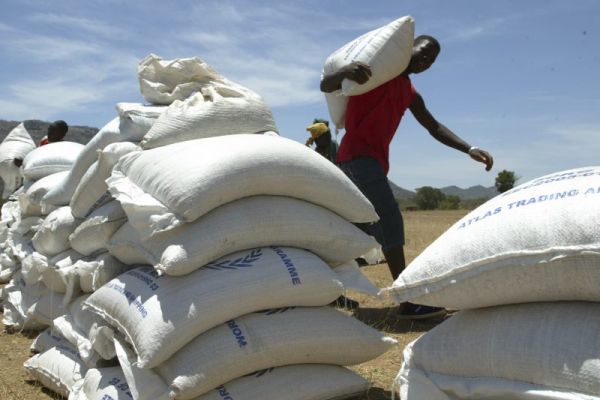Residents of Bulawayo have voiced concerns about the lack of transparency in the registration process for the cash-for-cereal program, which aims to assist families affected by the El Niño-induced drought.
The program, covering Wards 7 to 29, is designed to provide financial support to vulnerable urban populations for purchasing cereal and other essential food items.
Bulawayo Provincial Social Development Officer Energy Mlambo recently announced that enumerators have been recruited to register urban households and assess food needs. However, there are questions about the fairness of the registration process.
During the 2024 midterm budget review hosted by the Zimbabwe Council of Churches, Thandekile Moyo, a resident from Ward 8, expressed concerns that the enumerators are affiliated with a particular political party, which could result in some needy residents being excluded from the program.
“This program is managed by the social welfare department, and everyone should benefit from the food relief. However, it is not social welfare personnel doing the registration, but youths from a certain political party. Where is the transparency? We wish neutral parties, such as the church, had been involved in the registration process,” Moyo said.
Community members are reluctant to engage with the enumerators because they are recognized as members of a political party, Moyo added.
She called for greater transparency and accountability, warning that the current process might lead to favouritism, with only certain individuals benefiting from the relief program.
“We demand transparency and accountability in the relief program. It appears that some community members may not benefit, while only certain individuals will,” she warned.
Political analyst Effie Ncube highlighted the inadequate budget allocated for food assistance at a critical time.
“Food assistance in this country is directed via the Department of Social Welfare. If you examine the budget and the needs, the assistance required is in billions. They are seeking funds outside the country in a non-transparent manner, without specifying how the money will be used,” Ncube said.
The Ministry of Public Services, Labour, and Social Welfare was allocated $2.4 trillion in the 2024 national budget. Ncube also stressed the importance of a school-based feeding system, noting that it would provide much-needed food and encourage school attendance.
“As long as there is no budget for food, we will be preaching to people who are dying of hunger. We not only need food aid but also a school-based feeding system to encourage children to attend school,” he said.
Senior Lecturer at Zimbabwe Open University, Tobias Guzura, criticised the “asikapule” syndrome, referring to a culture of primitive accumulation and corruption he believes is plaguing the country.
“According to figures from the World Food Program (WFP), Zimbabwe has 7.6 million people who require food assistance and has requested US$3.9 billion, later increased to US$4.2 billion. In contrast, Malawi, with 9 million people in need, requested US$46 million, and Zambia, with 6.6 million people, requested US$297 million. Are we saying our people eat more than Zambians? Our request is outrageous,” Guzura said.
“The problem is that our economy is deeply rooted in primitive accumulation. The asikapule syndrome is destroying our country—money disappears whenever there is a gap,” he added.
According to the 2024 Zimbabwe Livelihoods Assessment, at least 1.7 million people in urban areas need food aid, while another six million in rural areas are vulnerable to hunger due to the El Niño-induced drought.

